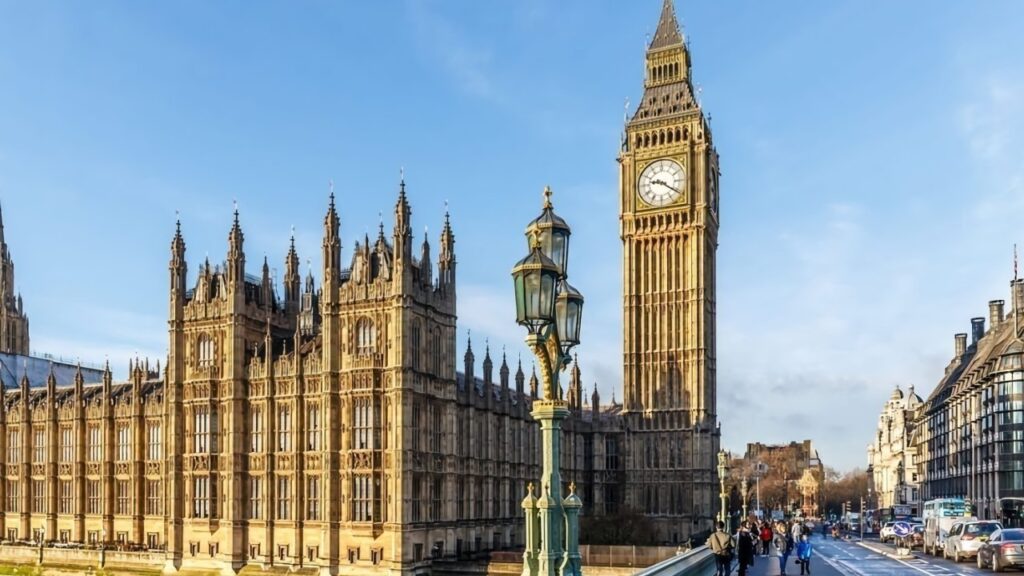
The UK government has officially abandoned its demand for Apple to provide backdoor access to user data. This decision comes after a prolonged period of negotiations and legal discussions surrounding the issue of end-to-end encryption. The announcement was made by Tulsi Gabbard, the U.S. Director of Intelligence, who highlighted collaboration with UK officials and senior U.S. leaders.
For several years, the UK has pressed Apple to alter its encryption protocols to facilitate access to user data for law enforcement purposes. The push for a backdoor was intensified following updates to UK laws in 2024, which aimed to enhance security measures while balancing privacy concerns. Despite these intentions, the legal and ethical implications of such access have sparked widespread debate.
In a recent post on social media platform X, Gabbard revealed that she had worked closely with UK partners, including former President Donald Trump and Vice President J.D. Vance, to address the backdoor mandate. The collaborative efforts spanned several months, ultimately leading to the UK government’s decision to withdraw its demands affecting Apple.
This development marks a significant shift in the ongoing dialogue between technology companies and government authorities regarding privacy and security. Apple has consistently maintained that its encryption methods are designed to protect user privacy, resisting calls for backdoor access, which the company argues could compromise the security of all users.
The UK’s retreat from this contentious position may have broader implications for future engagements between governments and tech companies. As discussions about digital privacy continue to evolve, the focus will likely remain on finding a balance between safeguarding individual rights and addressing national security concerns.
The withdrawal of the backdoor request reflects an increasing recognition of the complexities involved in compromising user security for the sake of surveillance. As technology continues to advance, the conversation surrounding encryption and privacy will undoubtedly remain a critical topic in both political and corporate arenas.







